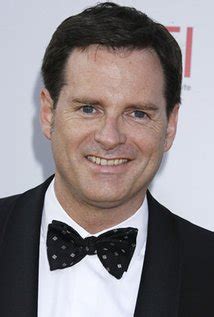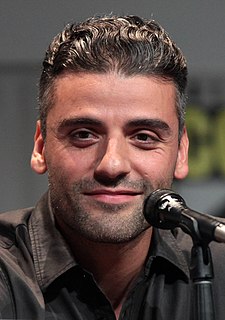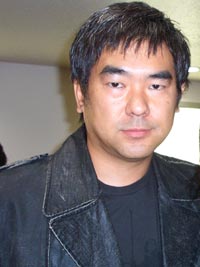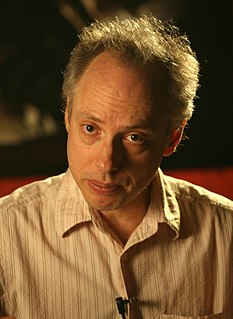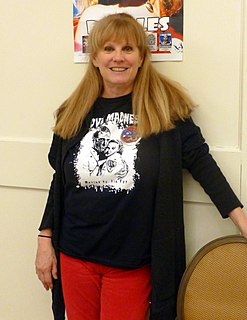A Quote by Michel Hazanavicius
It's a dream for a director, at least to try a studio movie.
Related Quotes
What's interesting as a director, and even studio executives don't understand this, is that if you're directing a $200 million movie with six million people, it's the same as directing a $25,000 movie with three people. The director's job is, "You stand there and do that," or "This is the shot I want." The logistics change, but the job remains the same. And I enjoy the job.
I suppose where I am sort of reflects the work I have chosen to do. Are there occasional frustrations because I can't work with a certain director because it's a big studio movie, and I don't have enough of a studio profile? The answer is yes. But generall... generally, I have the career I have chosen myself.
You have to accept that the moment you hand a script to a director, even if you've written it as an original script, it becomes his or her movie. That's the way it has to be because the pressures on a director are so staggering and overwhelming that if he or she doesn't have that sort of level of decision making ability, that sort of free reign, the movie simply won't get done. It won't have a vision behind it. It may not be your vision as a screenwriter, but at least it will have a vision.

